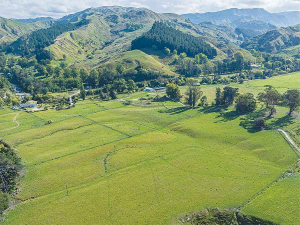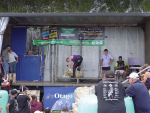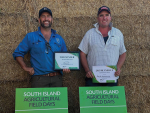As the article on page 36 of this issue relays, this season’s milk curve is tracking well above previous years’. It appears to be the result of the somewhat controversial “precision dairying” approach the team unveiled last autumn.
That was immediately slammed by some as tinkering with what was, by anybody’s standard, an exemplary and highly successful simple system. And there is a danger in what LUDF has done. Some of the techniques it is now deploying could, if adopted without sufficient care, crucify profits rather than push them to the next level. Take raising target pasture residues post grazing, and using the mower to deal with any that the cows don’t get down to.
The Lincoln team have managed to do this without compromising pasture quality, or becoming over reliant on the mower, but on a less disciplined, or less closely scrutinised operation, costs could balloon and pasture quality suffer, resulting in less, rather than more milk in the vat. Splitting the herd also has its risks, increasing staff workload and complicating management. There has to be a payback. LUDF believes it will come in conception rates through better body condition, and more production through less time off pasture. Then there’s the leap in nitrogen use which is tracking towards a total near 400kg/ha.
The models might show it is all being used by the pasture being grown, but how much of it goes straight through the cow to land in a urine patch so heavily loaded with nitrogen that the grass can’t possibly use it? Yes, eco-n might help hold it there for a little longer, but is more going to end up as nitrous oxide and leachate long-term? It will not be a good look if it does.
For all these risks, indeed, because of all these risks, LUDF’s management team should be congratulated for being prepared to push the envelope. Its old grazing system principles were well established. It was time to move on, if possible. Some of the new strategy probably will prove to be a mistake. But other parts will likely stand the test of time and the risk for those attempting to make similar gains will be that much less, assuming they learn from Lincoln’s mistakes.
Perhaps the key points to make are that you’re never too good to get better, and that the jury is still out on what LUDF’s doing. After all production is up on most farms this season.
















